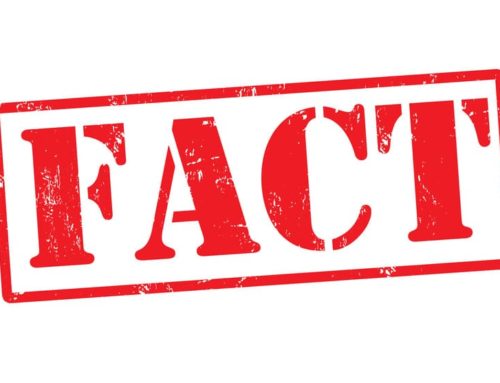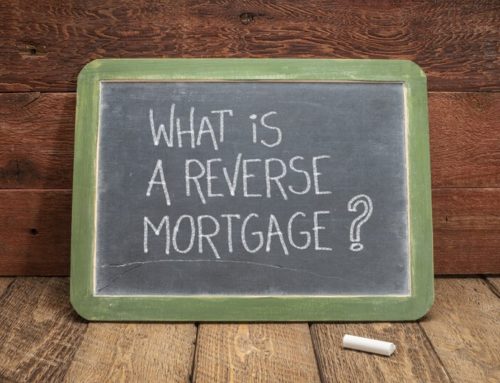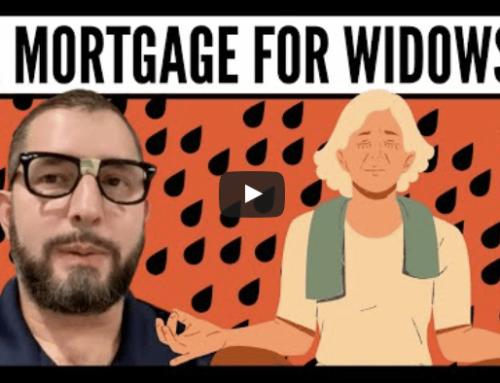Planning for Retirement the Smart Way…With a Reverse Mortgage Loan
The recent announcement of the financial assessment, which is to be implemented on March 2015, has sprung a slew of news stories describing the potential benefits and risks of the reverse mortgage loan.Despite the fact that positive press was up in the months of June and July, there is still a negative stigma associated with the reverse mortgage, and I am not talking about the fear of losing your home this time. In fact, what called my attention in the article, Reverse Mortgage Loans: Are they worth the risk?, was something else: closing costs.I’ve had clients tell me before that one of the deterrents for them is closing costs. They say the closing costs of a reverse mortgage loan is considerably higher than those of home equity line of credit. While this is true, it’s important to think about the differences in both programs, mainly, that borrowers do not have to make payments on the money they borrow. With a HELOC, however, they do and in ten years the payments are sure be higher than they were before because the loan balloons.In addition, a reverse mortgage loan carries a mortgage insurance premium, which is part of the closing costs, and is added to the interest rate every year, but is one of the many methods HUD PROTECTS borrowers and their heirs.For example, while a HELOC has to be repaid in full by borrowers or their heirs and may even be frozen in some instances if the home value drops drastically, a reverse line of credit cannot be frozen unless there are no funds left in the account. In addition, the MIP, which some may see as an unnecessary extra cost, ensures that any difference in home value when the loan becomes due and payable is covered by FHA and not the heirs.Another interesting portion of the article discusses alternative options to getting a reverse mortgage loan, one of them being selling your home and relocating to either a smaller home or a retirement community.These are viable options as well and should be considered when planning retirement, it may not be the best option for everyone. For one, selling home is a stressful endeavor and may take longer than a seller expects.In addition, if a seller sellers there home and buys a smaller home, they will have funds left over, but how long will these funds last? Longevity is one of the strengths of the reverse mortgage loan, especially the line of credit because it continues to grow at 4% yearly on the unused portion.In essence, there will be more funds in the line of credit from the time of closing to a year later if the funds remain unused and it can be tapped into whenever necessary. Stocks, bonds, social security, etc. are established forms of retirement, but considering them as the only solution may in fact hurt retirement more.Plan for the unexpected because there is not a magic wand with which a borrower can see all that will happen in the future. A reverse mortgage loan can supplement and complement even the most thought out retirement, consider it in your plans as well.Interested in a reverse mortgage loan or simply want more information? Give PS Financial Services a call at (888) 845-6630 or via email at info@PSReverseMortgage.com. We don’t pressure those who inquire. We are simply here to help.Planning for Retirement the Smart Way…With a Reverse Mortgage Loan
By Phil Stevenson|2014-11-19T19:41:33+00:00November 19th, 2014|Baby Boomers, Bank Vs. Broker, Florida Retirement, General Mortgage Info, Line of Credit, Retirement Planning, Reverse Mortgage Benefits, Reverse Mortgage Regulations|0 Comments
About the Author: Phil Stevenson
















